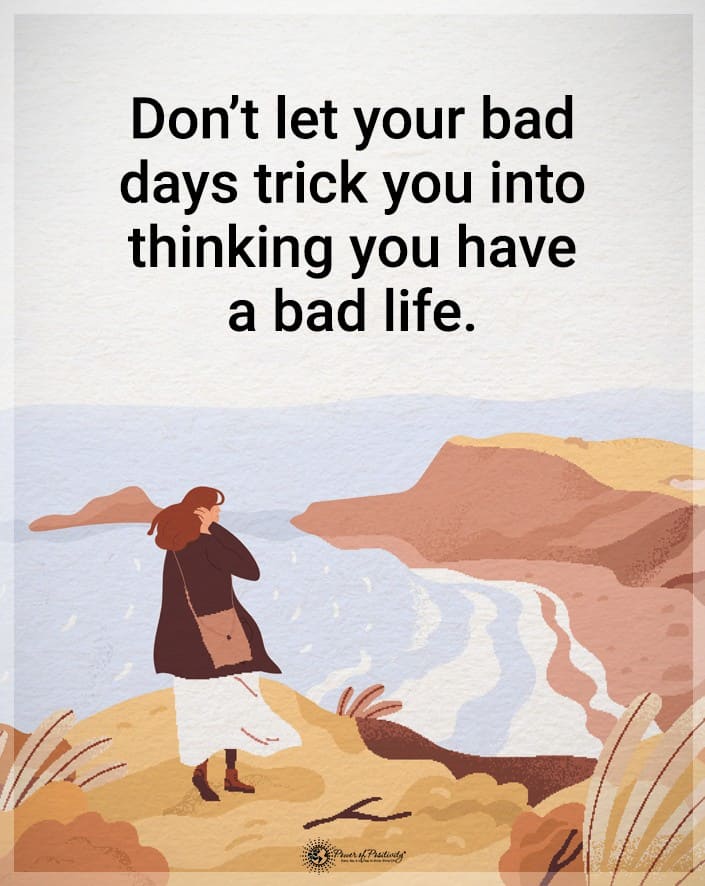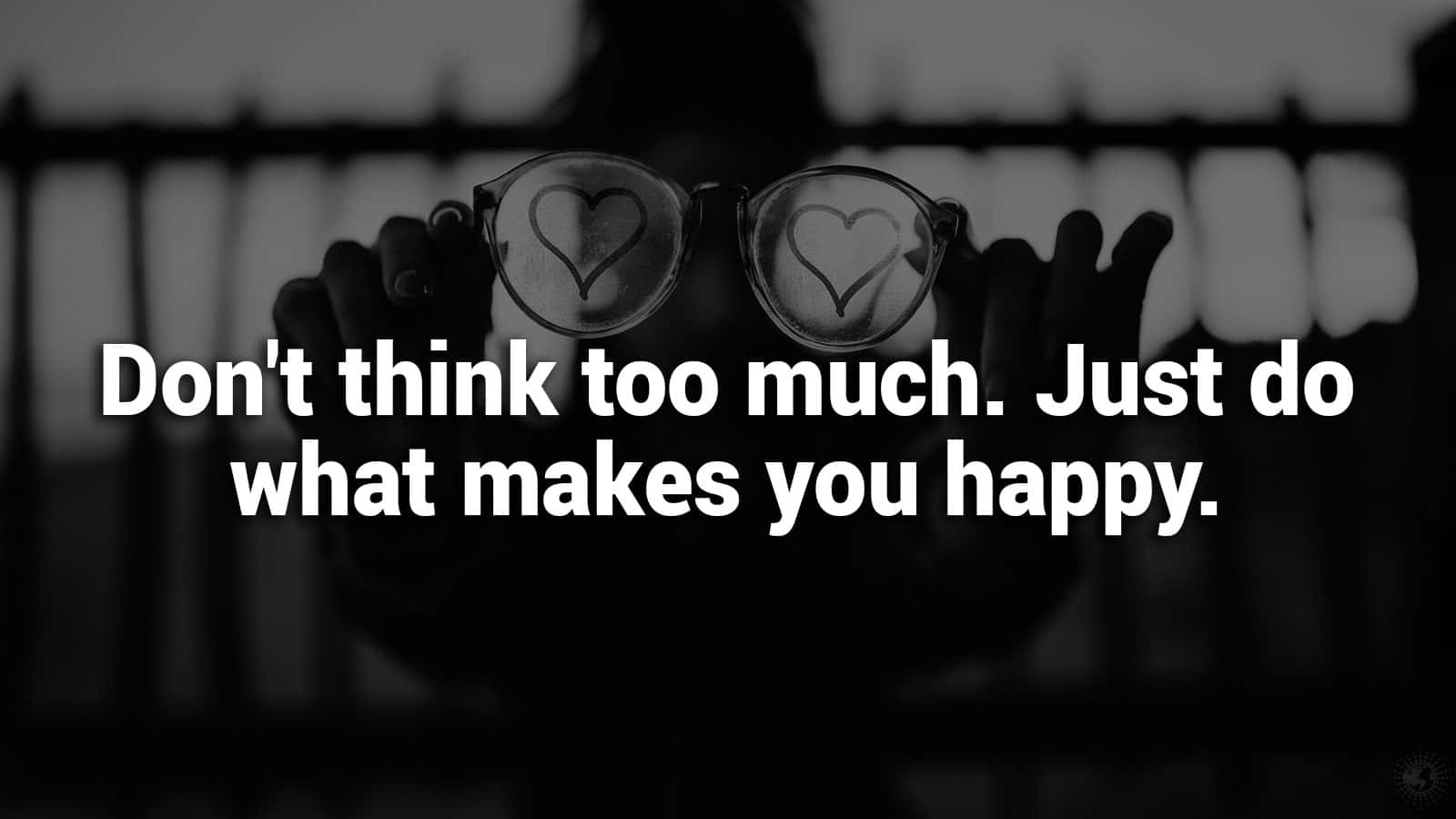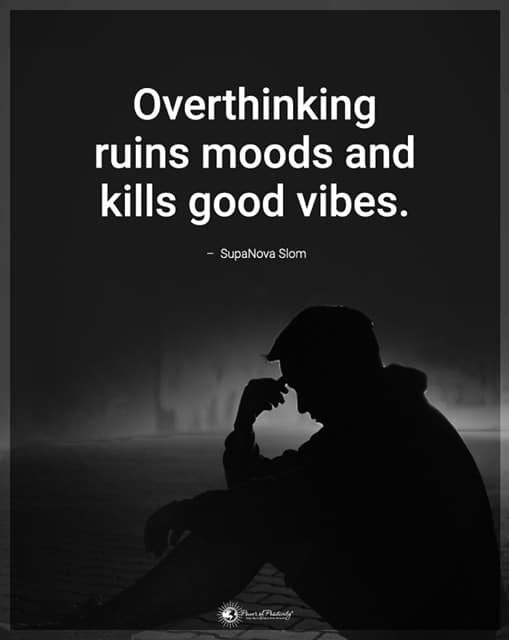Do you tend to be hard on yourself? Many people make the mistake of expecting a lot out of themselves – specifically way more than they’d ever reasonably expected of others.
Being too hard on yourself can damage your self-esteem and lead to feelings of anxiety, depression, and stress. So what can you do about it? Here are five ways you’re too hard on yourself and ways to prevent it in 4 methods.
5 Ways You’re Too Hard On Yourself
Give yourself a break!
1. You Focus, A Lot, On Mistakes
It’s hard to ignore mistakes and failures, and it’s not inherently wrong to think about them and reflect on them. In fact, that kind of reflection is necessary for positive personal growth.
But there comes the point when that becomes unproductive, and your excessive obsession over your mistakes hurts you more than it helps you. Being hard on yourself to the point where mistakes are all you can see is counterproductive. For example, this happens when:
· You Ruminate On Mistakes
A few mistakes are typical. The trouble comes into play if you tend to prolong them by dwelling on them or ruminating on them for hours, days, or weeks. It may even be so bad that you regularly think about years-old mistakes and allow them to affect your current actions.
· You Demand Instant Learning
Yes, everyone should learn from their mistakes. But it takes time to do that! You can’t know immediately and be perfect the next second if you expect that of yourself—the mistakes you make while learning can feel even more overwhelming.
· You Ignore Successes
It’s easy to focus too much on failures you’ve experienced than on celebrating your many successful outcomes. Successes may feel underwhelming or insufficient to you, whereas losses feel significant and drastic.
2. You Take Everything Personally
Days can have a mix of good and bad things in them, and being on the receiving end of whatever the universe feels like throwing at you can be a little tiresome sometimes. The problems begin if you start to assume that all these things are related directly to you, as if it’s your fault or, perhaps, like you’re the martyr of a long, never-ending plot that the universe has against you. Here are some examples of this:
- When someone is rude or harsh to you, you assume that you’ve done something terrible instead of realizing that someone’s actions are a reflection of them, not you.
- You blame yourself when other people do bad things; for example, if someone doesn’t turn up for an appointment, you blame yourself for not reminding them sooner.
- When you get stuck in traffic, you roll your eyes and think that, of course, this has to happen to you specifically today.
There’s a difference between taking reasonable personal responsibility and going overboard into a doormat, self-loathing territory. You’re too hard on yourself if you keep assuming that everything that goes wrong is your fault.
3. You Have A Complex Relationship With Criticism
Criticism can be a positive force, but if you’re often hard on yourself, you likely have a bit of a love-hate, up-and-down sort of relationship with that concept. You have contradictory ideas about criticism that tend to wind up with you on the short end of the stick. Here are some signs that this is the case:
· You Criticize Yourself All The Time
In your head, you highlight all your flaws and weaknesses. You focus on your mistakes and ignore anyone who tries to uplift or praise you. You’re constantly beating yourself up over tiny mistakes and keep trying to change every aspect of yourself.
· You’re Worried About What Others Think
You don’t like receiving criticism from anyone other than yourself, so you spend a lot of time trying to avoid it. You don’t believe that people could genuinely like you, and you push yourself to prove yourself worthy of being accepted by them. And then you still think they dislike you or secretly make fun of you behind your back!
· You Panic When You Receive Criticism
When someone gives you constructive advice or criticizes you respectfully and reasonably, you freak out. You go to a dark place in your mind, and your self-esteem plummets, even though the comment was kind or even asked for. It gets even worse when you receive unfair criticism – you internalize it and don’t look at it objectively.
4. You Go The Extra Mile, Always
It’s great to go the extra mile now and then! A show of dedication or a final push of sacrifice to get things done is fine when it happens in moderation. But if you always go the extra mile and constantly feel like you need to work harder and be better, you’re too hard on yourself.
You’ll get tired and burned out from always doing too much. Rests and breaks are necessary in life, and you can’t devote your focus to every single area of the world at once. You’re not obligated to go the extra mile constantly, so don’t push yourself to those limits at the risk of your health!
5. You’re Getting Physical Symptoms of Stress
Did you know that severe stress can manifest in physical symptoms? Studies have found that stress can:
- Weaken your immune system and lead to frequent illness
- Cause headaches and migraines that are debilitating
- Lead to fatigue, even after sufficient sleep, and feelings of tiredness and exhaustion throughout the day
While these symptoms can be present due to other reasons, if you’re already exhibiting other behaviors where you’re too hard on yourself, it’s time to stop and ask if your physical symptoms are also a result of that. The stress that you put yourself under isn’t healthy and can damage your physical body in the long run!
4 Ways To Prevent Being Too Hard On Yourself
1. Change How You Define Success
Many people have a very concrete definition of success. They consider it to be a total triumph of excellence that is huge, significant, and flashy. But that’s not always the case. While it’s good to strive for high standards of challenging achievement, it’s also good to learn to recognize small wins and little positive steps forward. These are kinds of successes, too. For example, small successes may include:
- Learning from a mistake and applying that knowledge
- Overcoming a fear or anxiety relating to something
- Taking a step in the right direction in a difficult journey
- Recognizing the value in your small ideas and hard work and effort, even if they don’t bring forth huge fruit
Learn to pat yourself on the back for the little things you do, and you’ll enjoy a much happier, healthier view of life!
2. Be Grateful Every Day
Gratitude is a powerful force in life. It’s a fantastic way to learn to be kinder to yourself, and it even has a positive effect on overall mental and physical health. When you learn to be grateful, you learn to seek the good in the world around you – and the good in yourself. Here are some ways to be thankful every day:
· Keep A Gratitude Journal
Write down three things you’re grateful for every single day, even on days when it feels like nothing went positively. Find things, even bare minimum ones, to appreciate and write down. You’ll have a memory book filled with happiness by the end of it.
· Take Note Of Positive Things
Whenever something good or even just nice happens in your day, pause to take note of and appreciate it mindfully. Think about how nice your breakfast tastes, or how cool it was that you saw a bird perched on that car, or how nice it feels to be kind to strangers. You’ll slowly reprogram your brain to see the positive things in the world.
· Find Good In Bad
When you’re in a negative situation, put your positive thinking forward by looking for the silver lining. You can think about the lessons you’ve learned from the bad situation, find small slivers of hope in the cloud, or be grateful for the help you have or your strength in fighting it all.
· Thank Others Regularly
Say thank you to waitstaff and shopkeepers.Express appreciation for the people around you. Tell those close to you in your life what you love about them. Spread gratitude around and put smiles on faces!
3. Look At The Big Picture
Many people who are too hard on themselves tend to focus on the little details in life. Looking at the big picture is a great way to combat those experiences. Being hard on yourself means you zoom in on tiny things, like:
- Small mistakes in otherwise well-done work
- Moments in your past that were embarrassing
- Times went you said something that came off incorrectly
These tiny details aren’t great to focus on because they’re so small! While they can add up, they also ultimately don’t matter in the long run if you know how to address, manage, and resolve them quickly.
Instead of focusing on the little things, look at the bright side and the bigger picture. Think about your overarching progress, the big strides you take, how far you’ve come, and how big your goals are. These are the things that matter.
4. Use Positive Self-Talk
Positive self-talk refers to the act of speaking well and highly of yourself to boost your self-esteem, find intrinsic validation, and affirm your strengths. It means taking note of verbalizing your abilities and hyping yourself up with positive affirmations. When you say these words, you’re giving yourself a break and reminding yourself that you’re a good person with many strengths. Here are some examples of things you may say:
- I have the ability to overcome obstacles.
- I am a good person, and I show it in my actions.
- The work that I do matters.
- I love myself.
- I’ll do my best in all situations.
- I can get through difficult times; I have done so before, and I will do so again.
Final Thoughts On How To Prevent Being Too Hard On Yourself
At the end of the day, you are the only person you can rely on 100%. Give yourself a break and be kind and compassionate to yourself, and you’ll find that it’s much more effective in your personal improvement than being hard on yourself.

















 Community
Community

